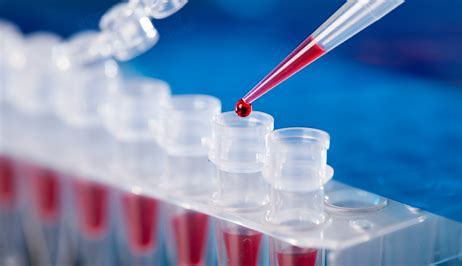
PCR (Polymerase Chain Reaction) amplifies specific DNA sequences for detection, analysis, or research purposes.
Polymerase Chain Reaction (PCR) is a revolutionary technique used to amplify specific DNA sequences, enabling the detection and analysis of tiny amounts of genetic material. PCR has wide applications in diagnostics, forensic science, genetic research, and pathogen detection. The process involves repeated cycles of DNA denaturation, annealing, and elongation, allowing researchers to produce millions of copies of a target DNA sequence from a small sample. PCR is essential for detecting pathogens like viruses, identifying genetic mutations, and conducting molecular research.
PCR is a laboratory technique used to amplify specific segments of DNA. By creating millions of copies of a small DNA sample, PCR allows scientists and clinicians to detect, analyze, and study genetic material with high precision. It is widely used in medical diagnostics, forensic analysis, and genetic research.
PCR testing is essential for detecting diseases at an early stage by amplifying small amounts of DNA or RNA to detectable levels. This technique enables accurate diagnosis, faster response times, and targeted treatment. PCR is widely used in detecting infections, identifying genetic disorders, and researching genetic mutations.
Address: 79a Afikpo Road, Abakaliki
Phone: +234 703 4600 382


Would you like to receive notifications on our latest updates and promotions?